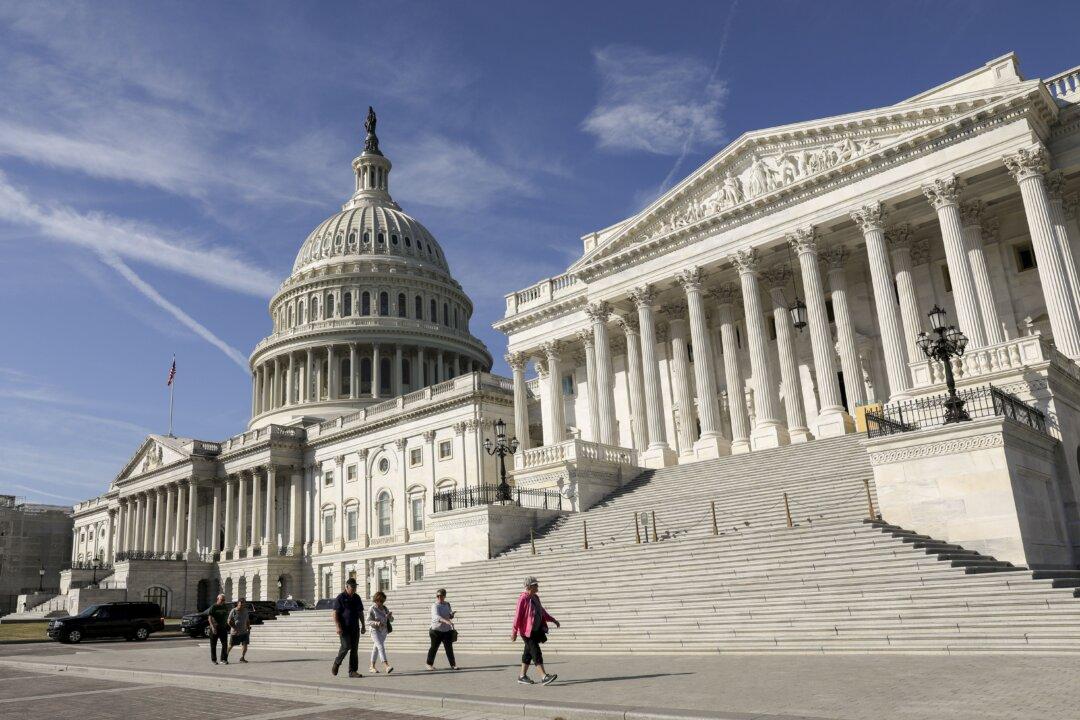Commentary
Ever since President Donald Trump’s inauguration, the mask has been slipping from the “deep state.” But last week, The New York Times ripped it off completely.


Ever since President Donald Trump’s inauguration, the mask has been slipping from the “deep state.” But last week, The New York Times ripped it off completely.